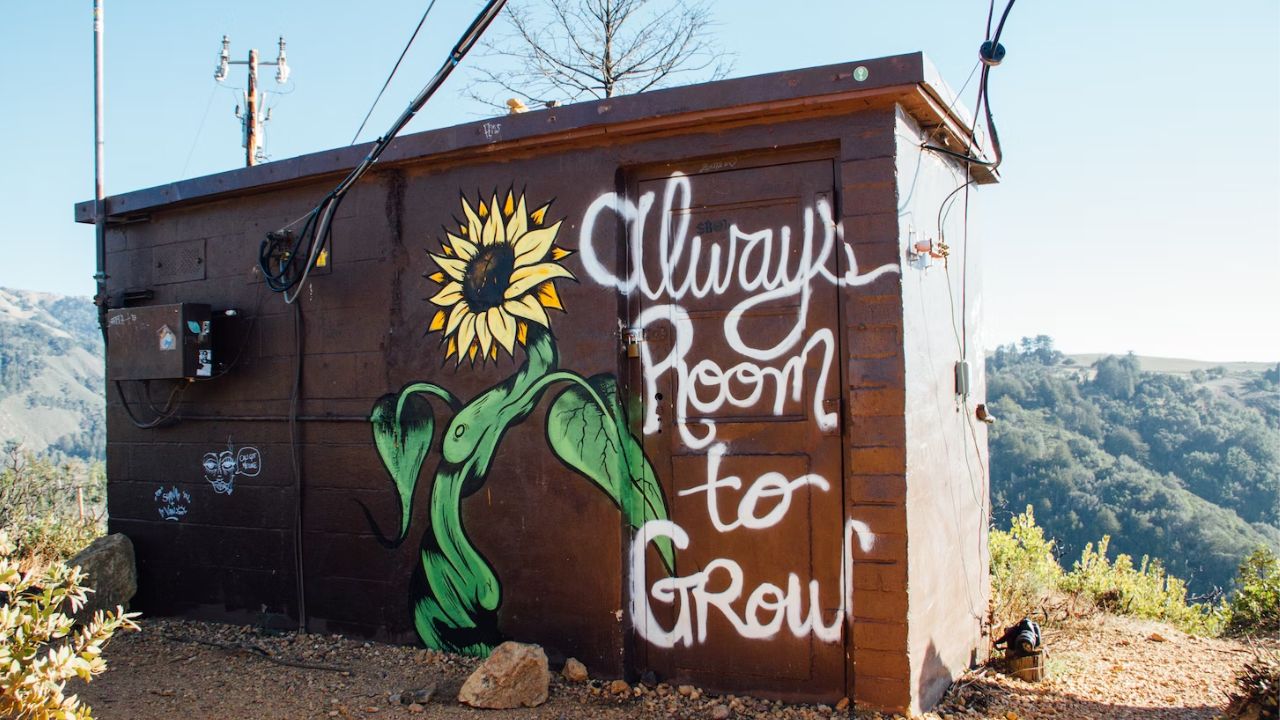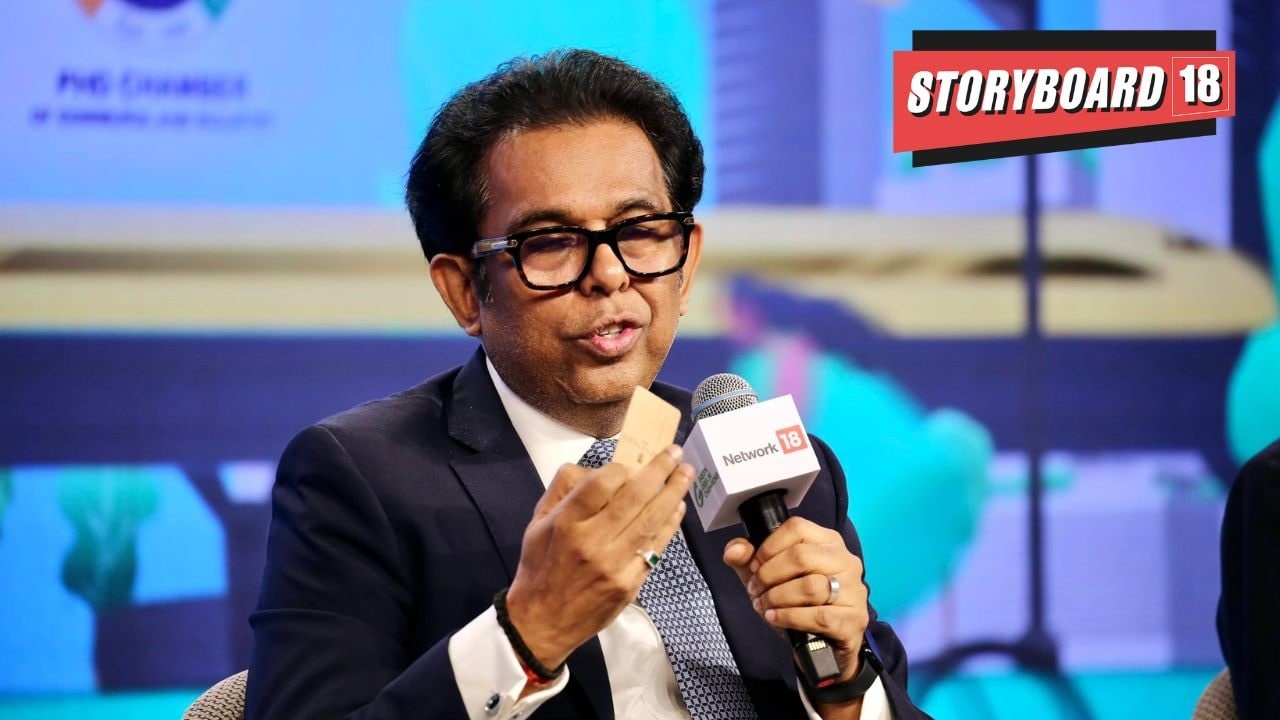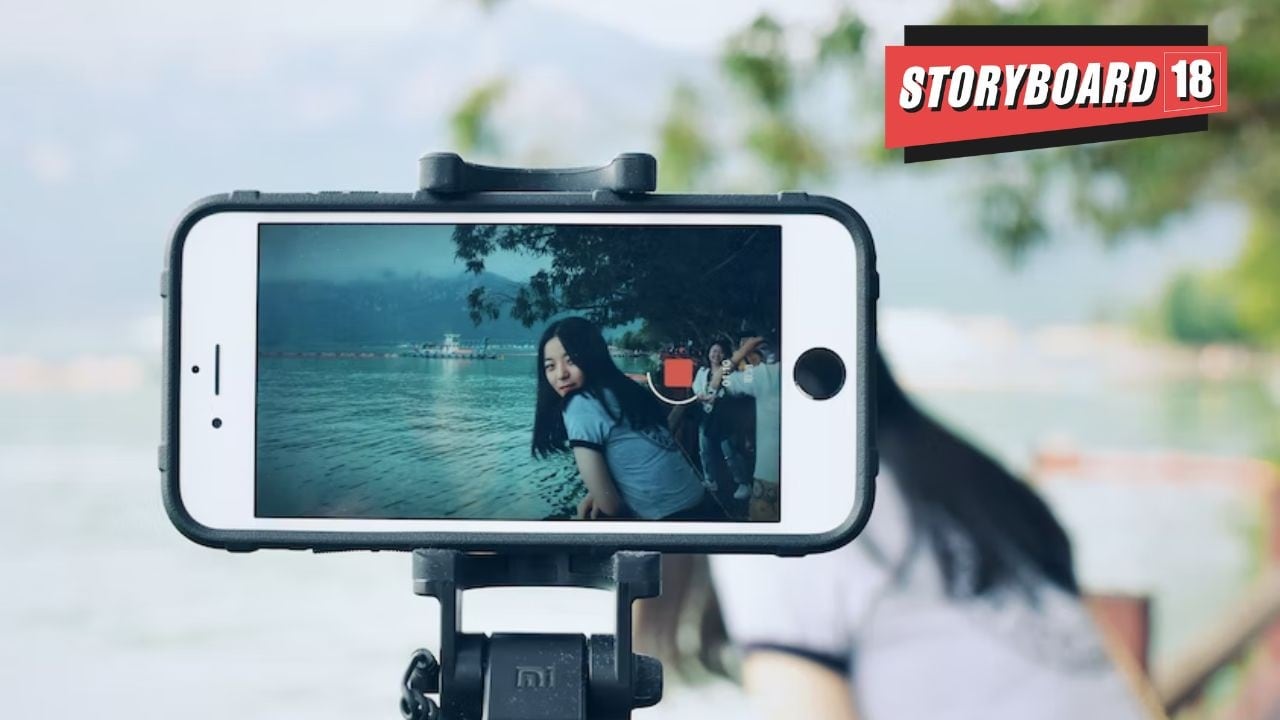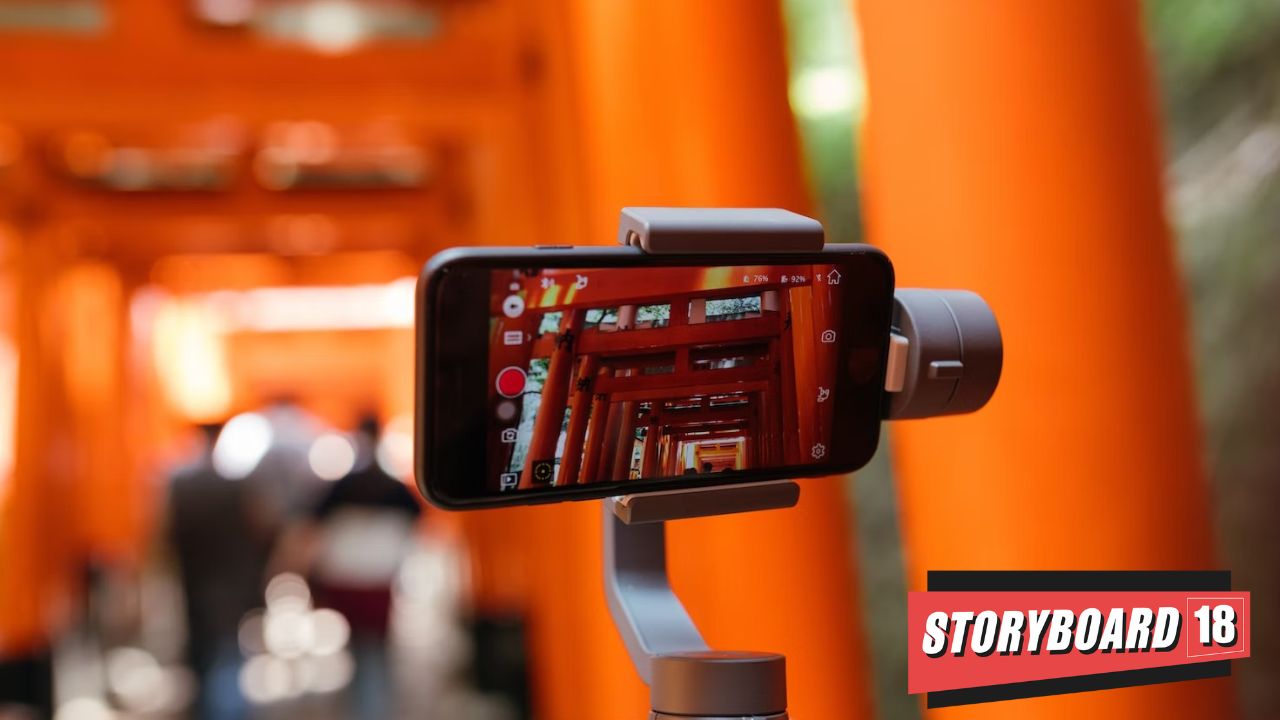The World Startup Convention episode puts the onus on influencer marketing agencies and the influencers themselves to check the authenticity of the products, brands and services they endorse.
Tag: influencer marketing
Weekly Shorts: How momfluencers can garner positive engagements for brands
What’s buzzing in influencer marketing and the creator ecosystem? What’s the next big thing coming down the line? Catch the big trends and hot topics in our weekly shorts.
Amazon India and Ministry of Information & Broadcasting partner to boost creative economy
As part of the LoE, Prime Video and miniTV will both work towards providing internships, and scholarships to students at Film and Television Institute of India (FTII) and Satyajit Ray Film and Television Institute (SRFTII). This will enable students to gain real work exposure, and become industry-ready.
World Startup Convention Fiasco: The greed of influencers and what everyone is missing!
The World Startup Convention, which failed to deliver on promises like bringing Elon Musk and Sundar Pichai, was promoted by influencers Ankur Warikoo, Prafull Billore, Chetan Bhagat, Raj Shamani and others, who are receiving immense flak. But what about the influencer marketing agencies’ role?
With IPL in sight, govt to crack down on online betting ads disguised as content, says consumer affairs secretary Rohit Kumar Singh
Rohit Kumar Singh, Secretary, Ministry for Consumer Affairs, Food & Public Distribution, speaks exclusively to Storyboard18 on influencer marketing guidelines, violators, crypto ads, and more.
Weekly Shorts: Influencer Marketing Brand and Influencer Growth Q1, 2023
What’s buzzing in influencer marketing and the creator ecosystem? What’s the next big thing coming down the line? Catch the big trends and hot topics in our weekly shorts.
Employees turning social media influencers is the next India Inc challenge after moonlighting
Earning money outside full-time employment needs disclosures as it may lead to a conflict of interest. For instance, an influencer working for an apparel company might get approached by its competitor for product promotion due to a large number of followers.
Weekly Shorts: Tips for influencers to meet standards and expectations of brands
What’s buzzing in influencer marketing and the creator ecosystem? What’s the next big thing coming down the line? Catch the big trends and hot topics in our weekly shorts.
Weekly Shorts: How brands can use influencer marketing for Ramzan campaigns
What’s buzzing in influencer marketing and the creator ecosystem? What’s the next big thing coming down the line? Catch the big trends and hot topics in our weekly shorts.
Influencer Marketing: Industry welcomes govt’s new guidelines for celebrities, social media influencers
Titled “Endorsements Know-hows!”, the new guidelines state that endorsements must be made in simple, clear language, and terms such as “advertisement,” “sponsored,” “collaboration” or “paid promotion” can be used.









